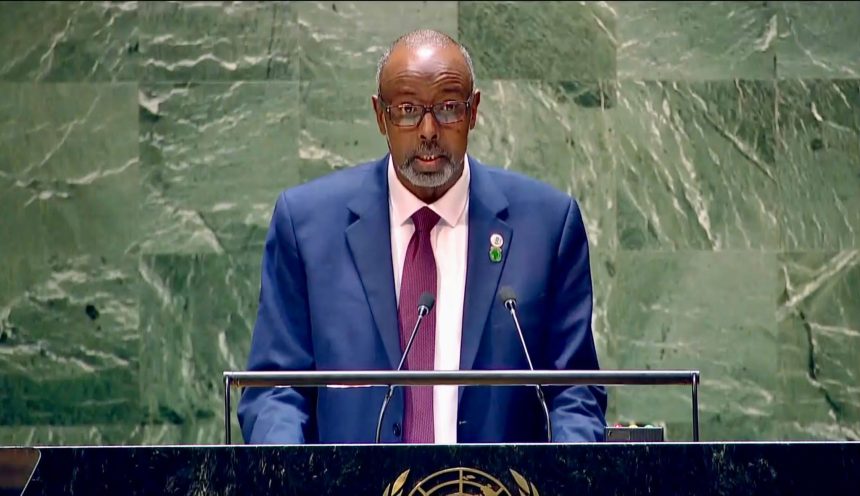NEW YORK, SONNA – The United Nations Security Council is set to vote today on lifting the long-standing arms embargo on Somalia, a significant move that could reshape the Horn of Africa’s security landscape.
The embargo, established in 1992, was a response to the escalating conflict and instability following the overthrow of dictator Mohamed Siad Barre, which led to a power vacuum and fierce clashes between warring factions.
The embargo aimed to stem the flow of weapons to feuding warlords, who were significantly responsible for the country’s plunge into civil war. Over the years, the embargo has been a critical tool for the international community to control the situation in Somalia, albeit with varying degrees of success.
The decision to reconsider lifting the embargo comes amidst changing dynamics in the region and Somalia’s evolving political landscape. The Somali government has been making strides towards stability and governance, although challenges remain, including the persistent threat of militant groups like Al-Shabaab.
Supporters of lifting the embargo argue that it will empower the Somali government to better equip its military forces, enhancing their capability to combat insurgencies and maintain national security.
This vote is particularly significant as it marks the longest embargo in the history of the United Nations Security Council. The outcome will not only influence Somalia’s future but also set a precedent for how the international community addresses long-term conflicts and supports post-conflict reconstruction and stabilization efforts.





